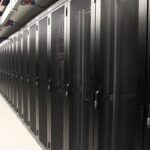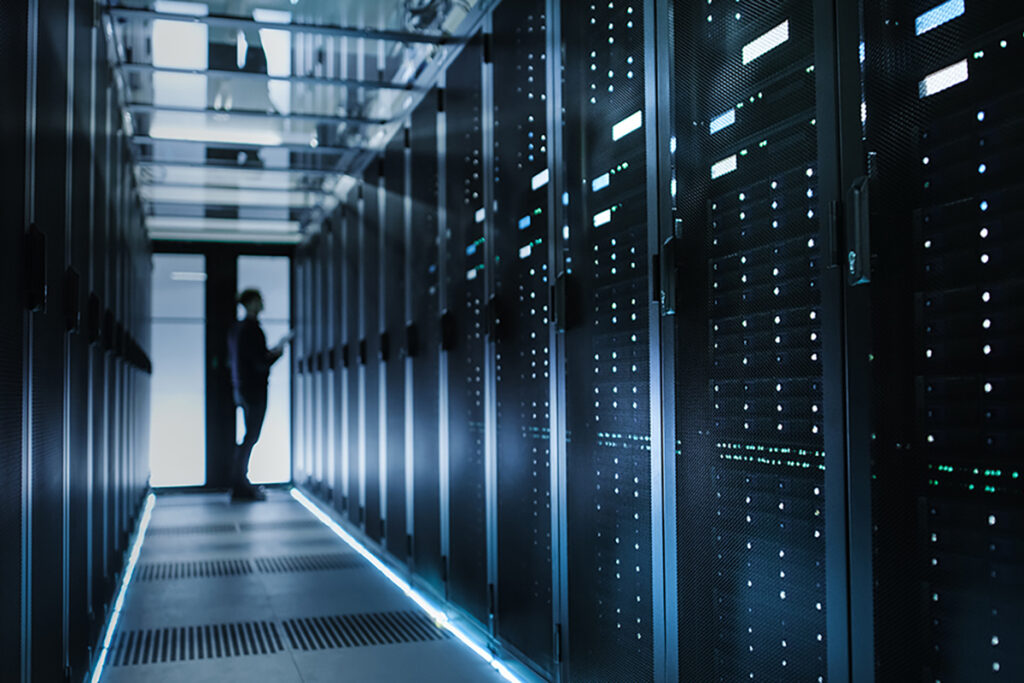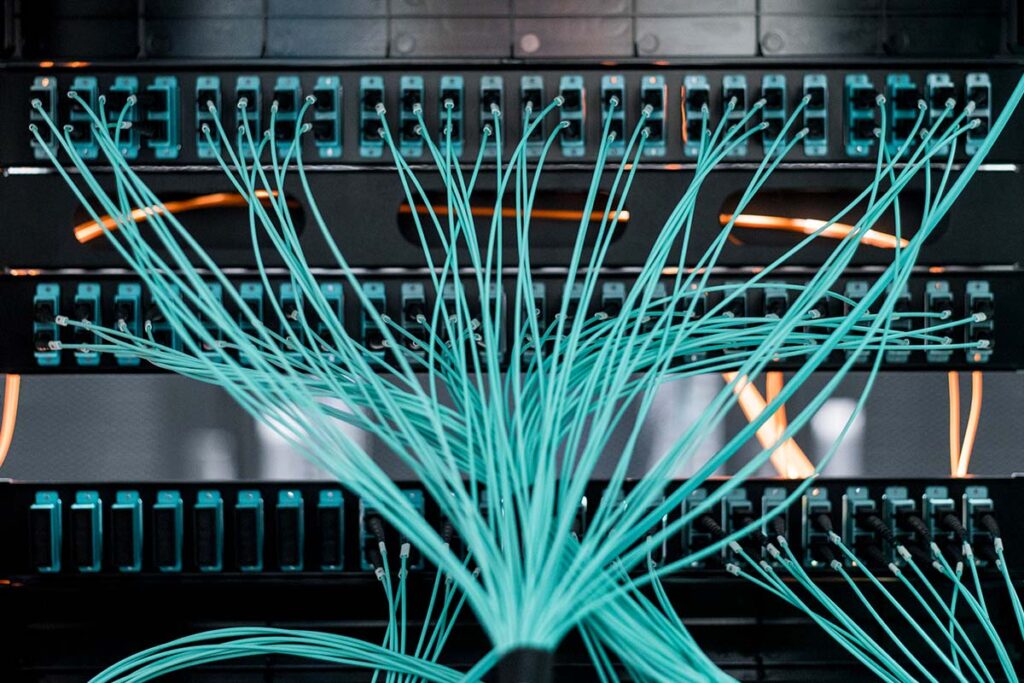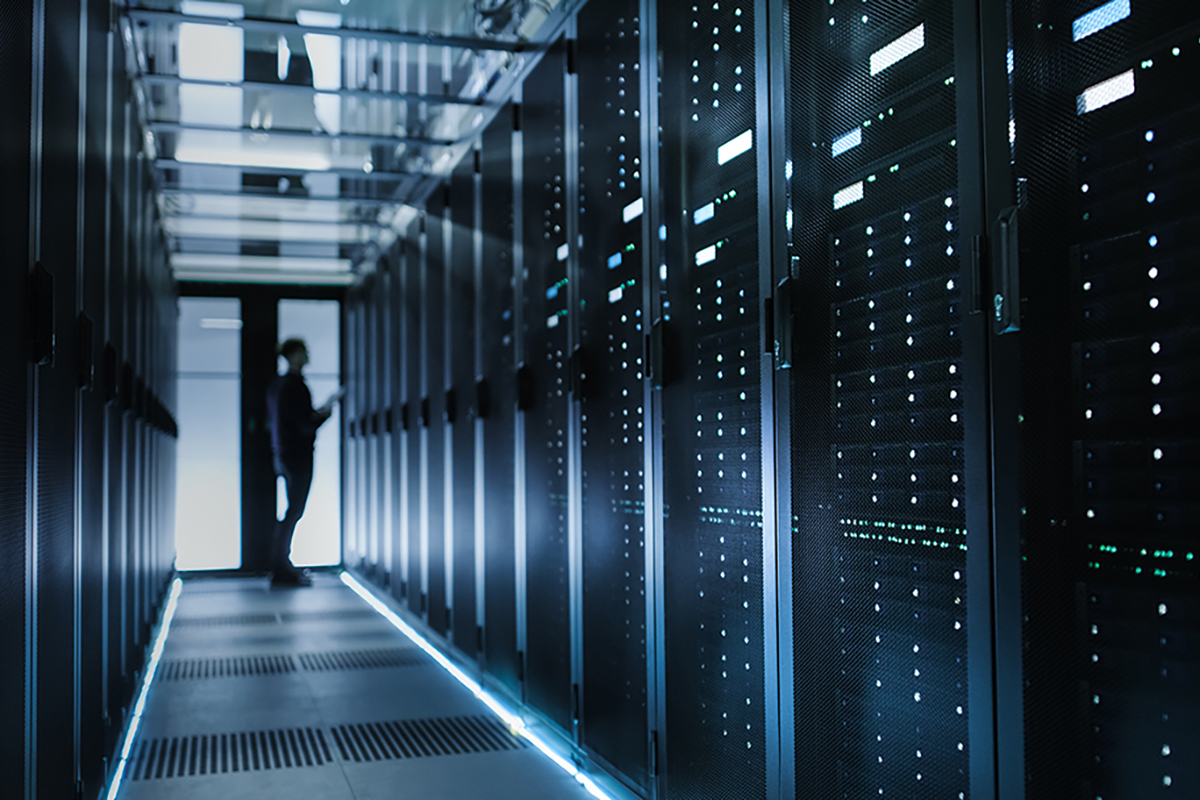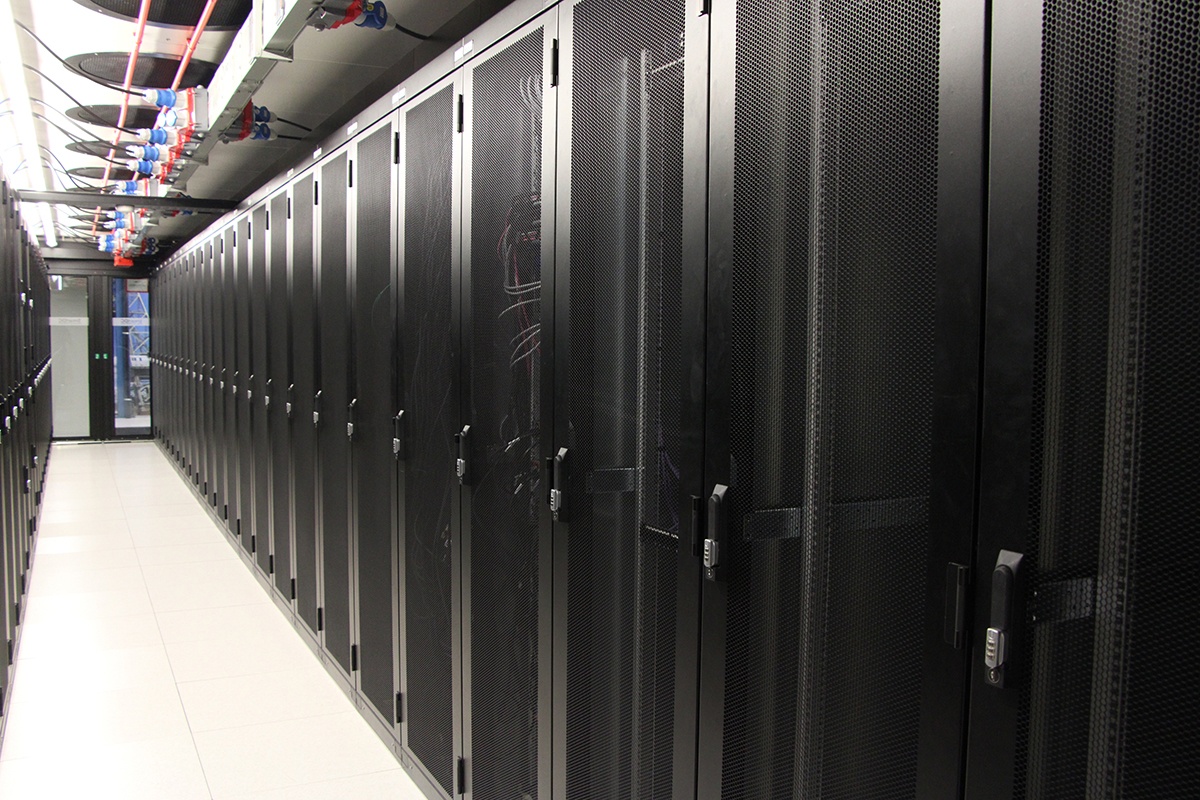
Fire Safety
A redundant protection system that detects fire before it starts
Security
Digital and physical safety features that keep your data safe
Cooling
Servers stay cool with a unique modular suite concept
Power
Secure and reliable setup that keeps your data online even during a power outage
Twin Data Center Strategy
Leverage twin backup servers to minimize risk of downtime
Sustainability
Sustainable innovation powered by 100% renewable energy sources




